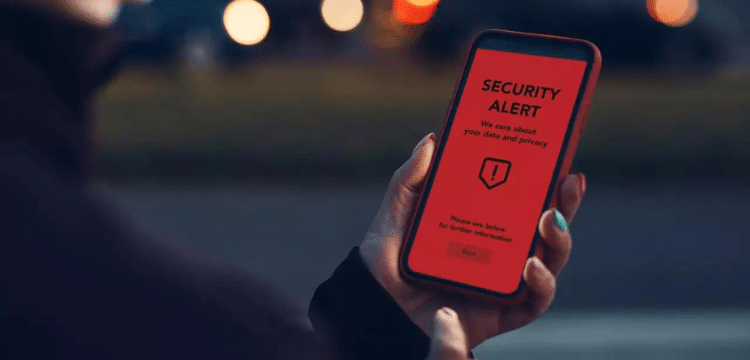Security experts strongly recommend that iPhone and Android users power down their devices weekly to shield against cyber threats. This precautionary step serves as a defense against “zero-click” attacks, where hackers exploit vulnerabilities without user interaction.
The National Security Agency (NSA) endorses this practice, as it aids in clearing background data and browser caches, minimizing potential risks. The NSA also stresses the importance of avoiding public WiFi networks and routinely updating device and app software.
Risks of neglecting device restarts
Failure to reboot devices can expose them to hackers who may manipulate active web connections and introduce malicious software. Restarting devices not only eliminates these threats but also logs users out of banking and social media apps, thwarting unauthorized access.
Phishing and other hazards
Regularly powering down devices can mitigate phishing risks, where attackers use deceptive emails to steal sensitive information. Despite this, a Pew Research study revealed that a significant number of users seldom or never shut down their devices.
The NSA advises frequent software and app updates to address security vulnerabilities and recommends disabling Bluetooth when not in use to prevent unauthorized access.
Additional security precautions
While these measures offer some protection, mobile threats are evolving. Deleting unnecessary WiFi networks can prevent cybercriminals from targeting devices, while awareness of SSID Confusion Attacks is crucial.
Exercise caution with email attachments and links from unknown sources, as they may contain harmful software. Oliver Page, CEO of Cybernut, warns against falling for social engineering tactics and advises verifying phone calls and messages before responding.
By adhering to these guidelines, users can mitigate the risk of cyberattacks and safeguard their personal information effectively.











